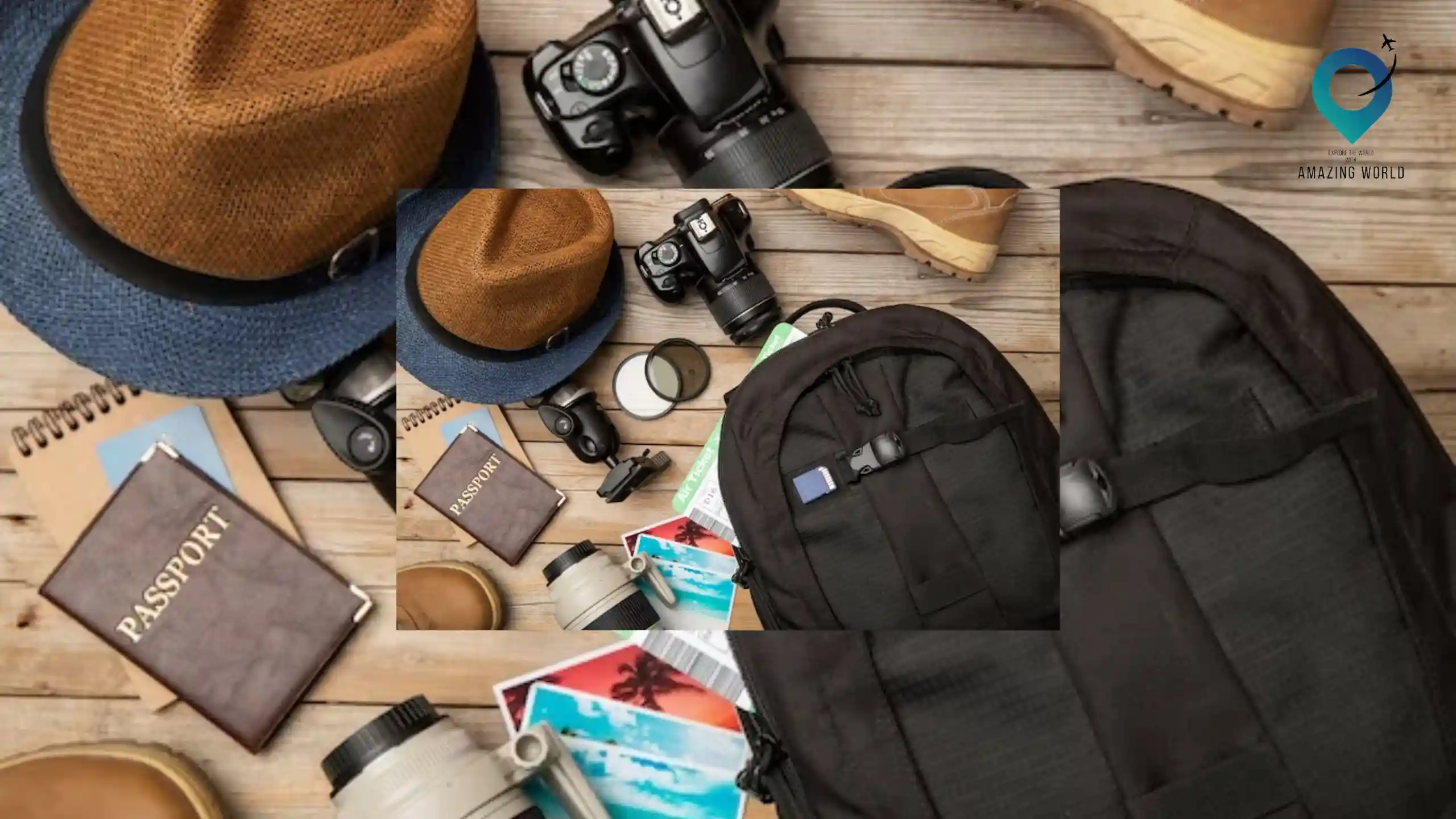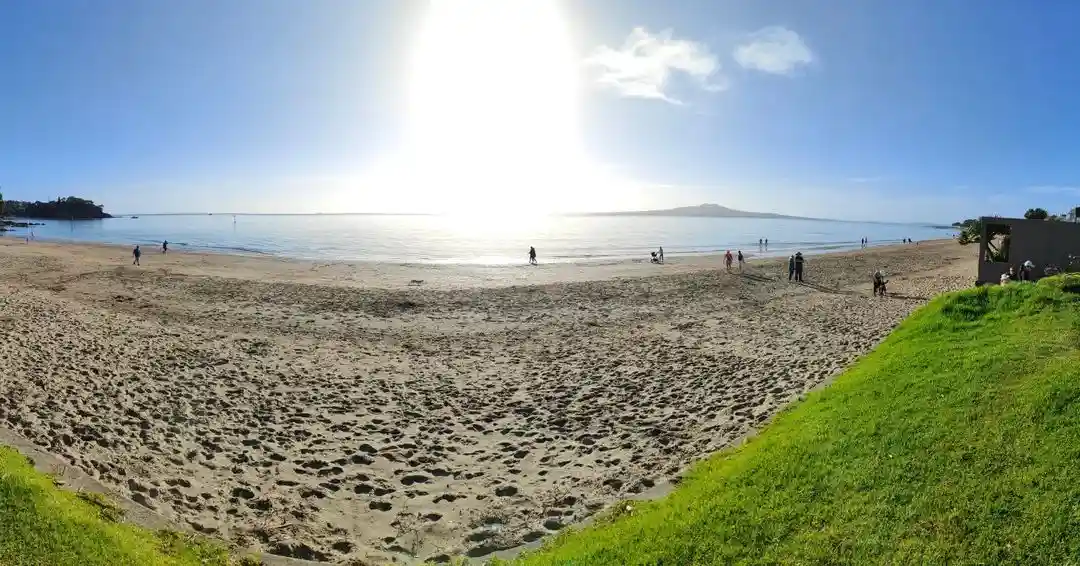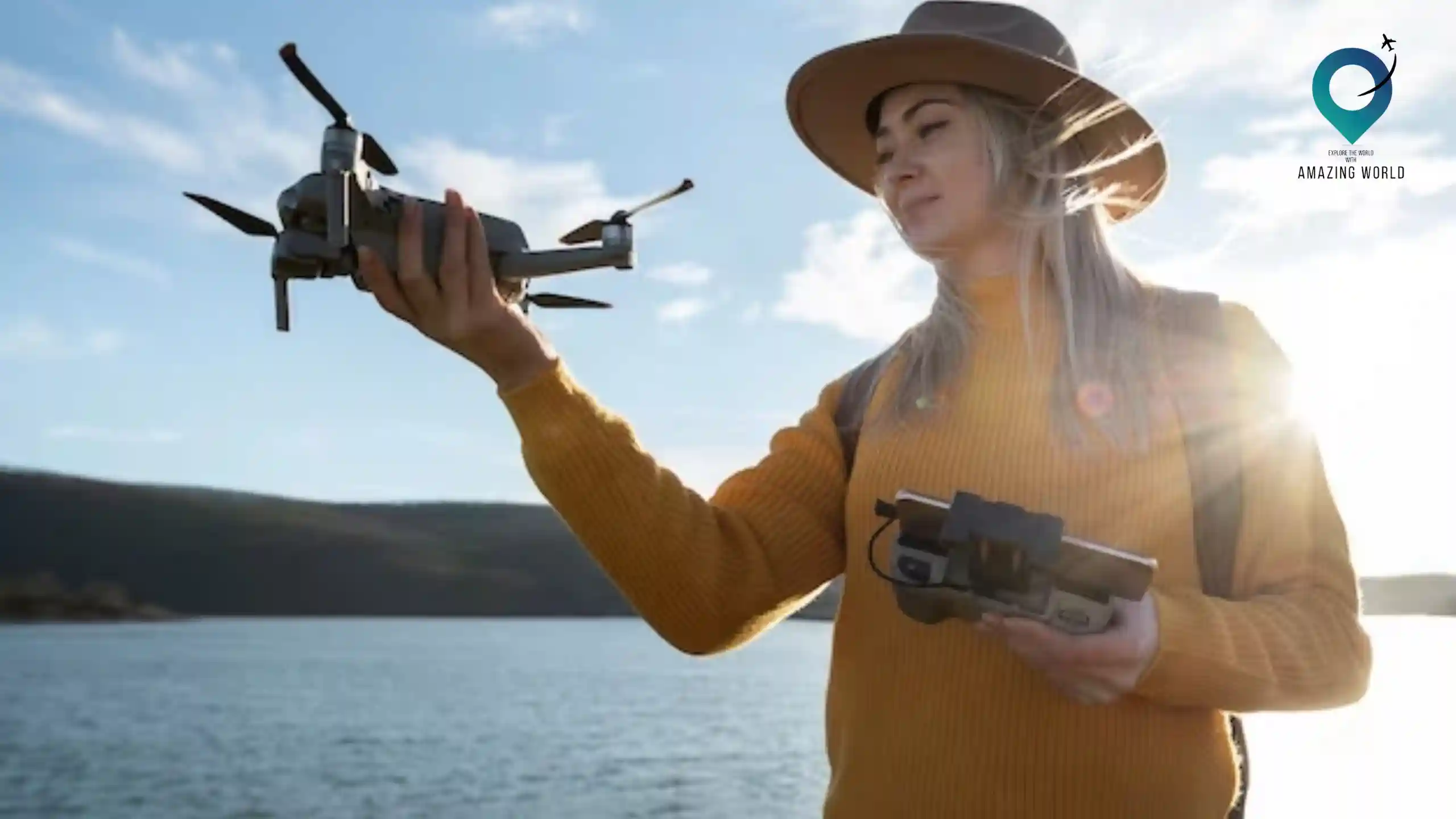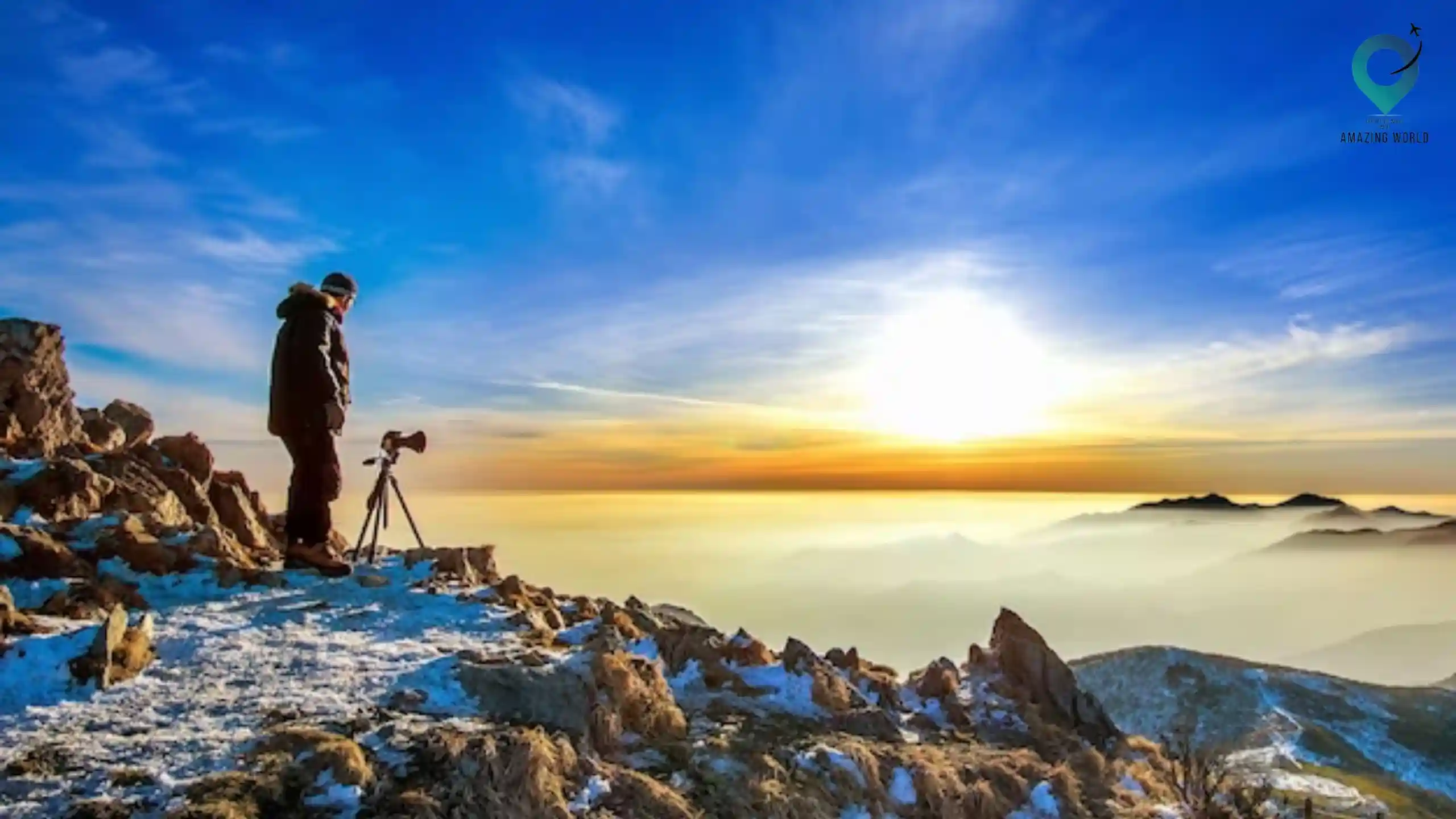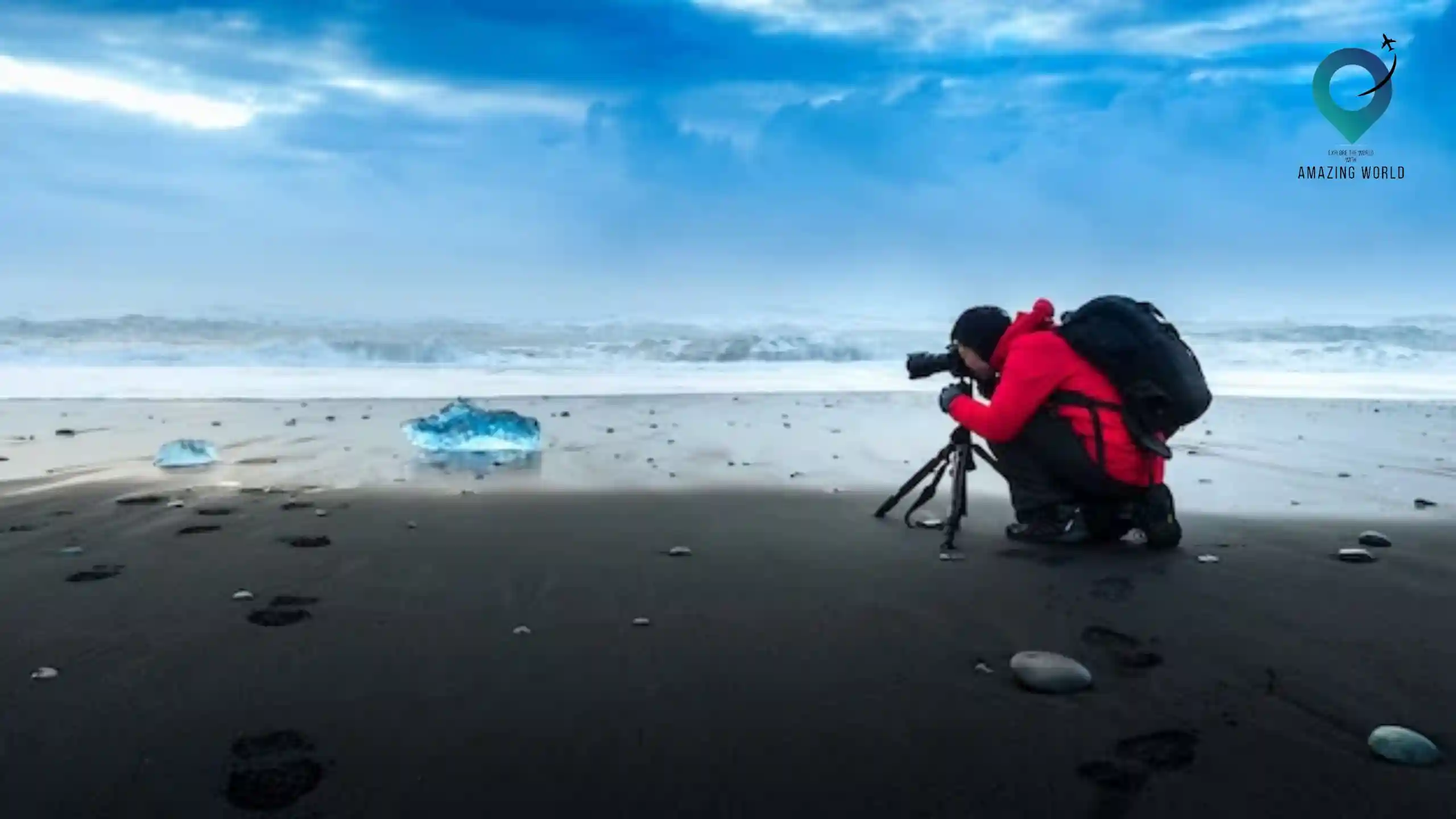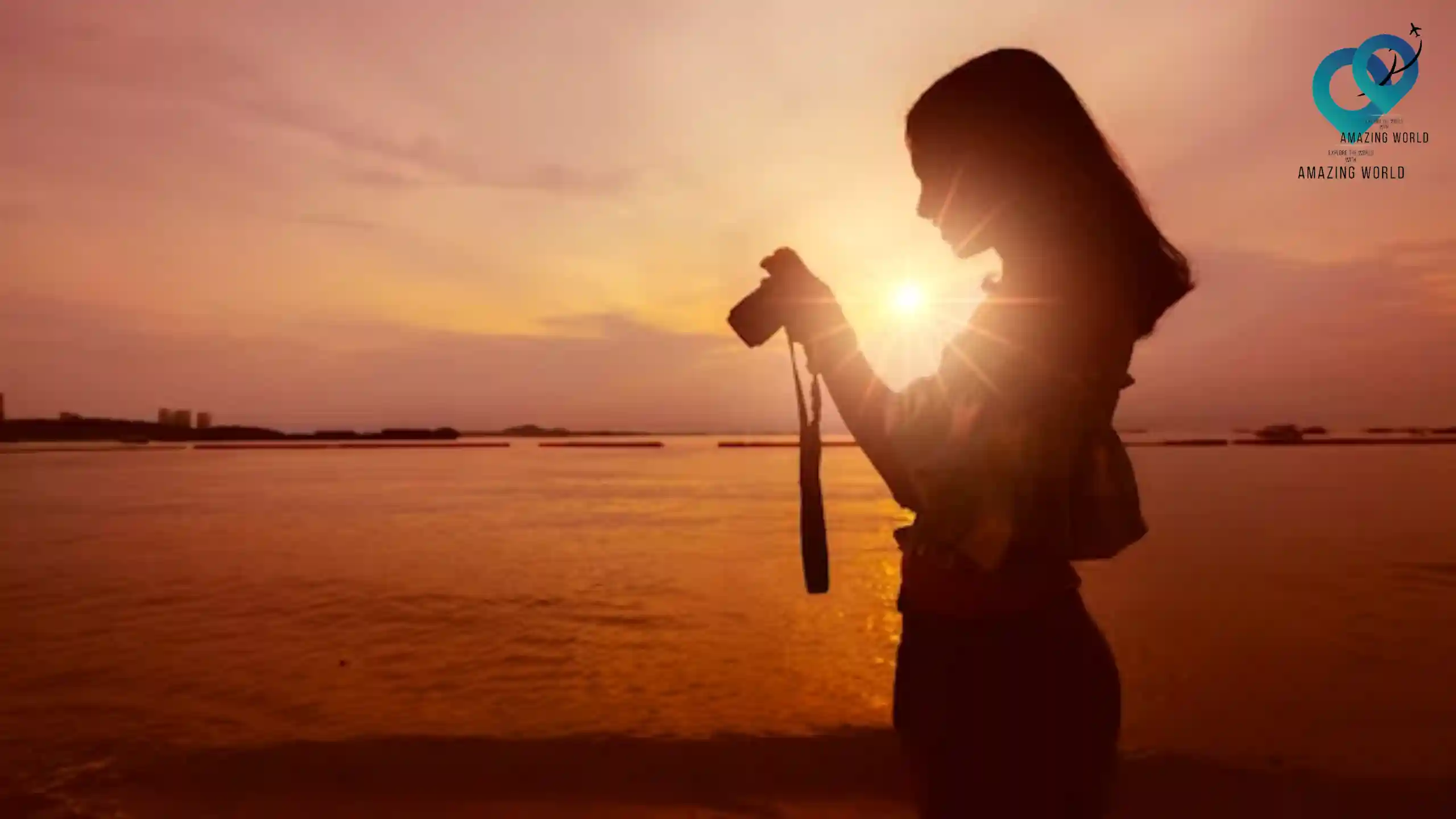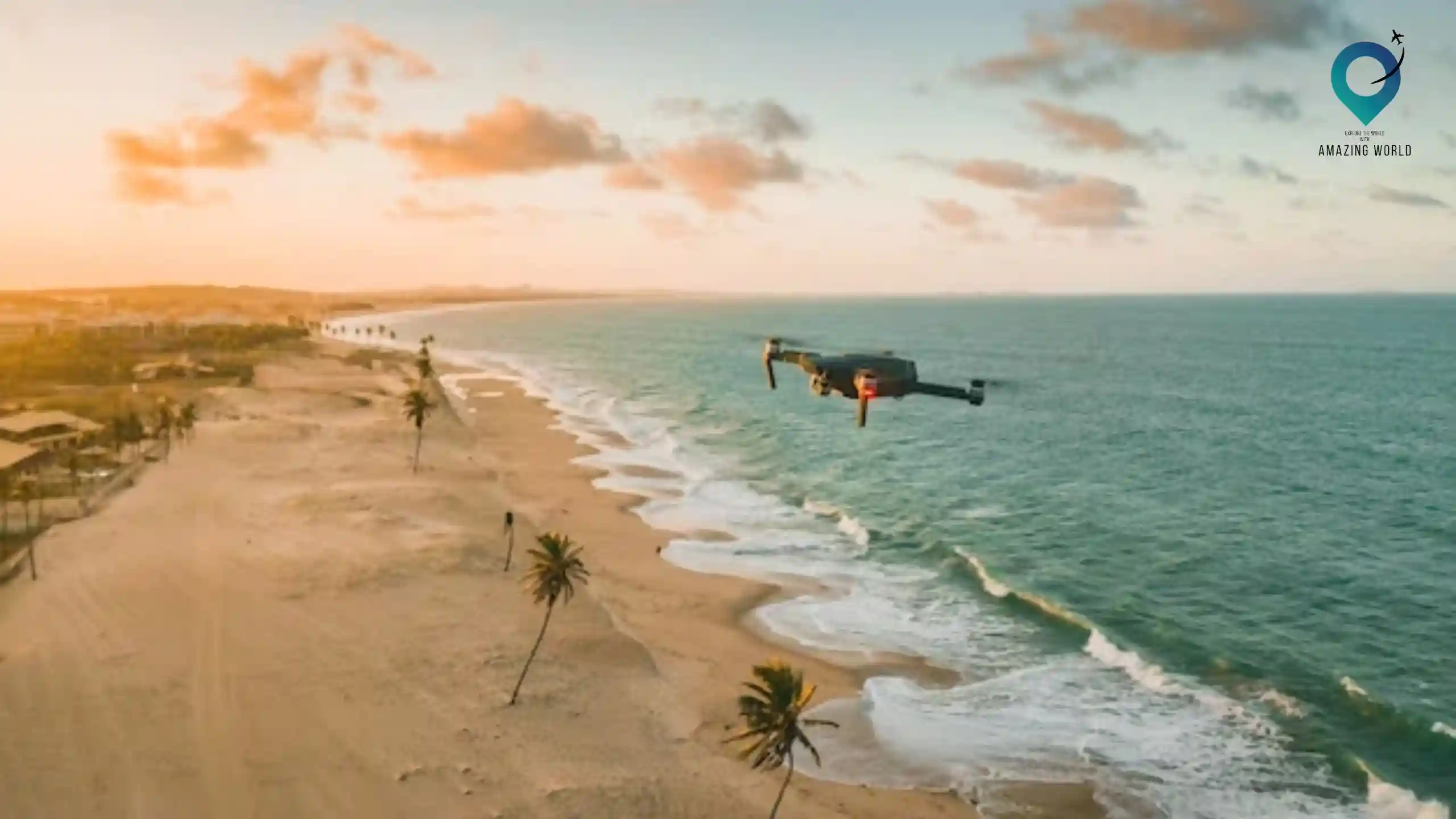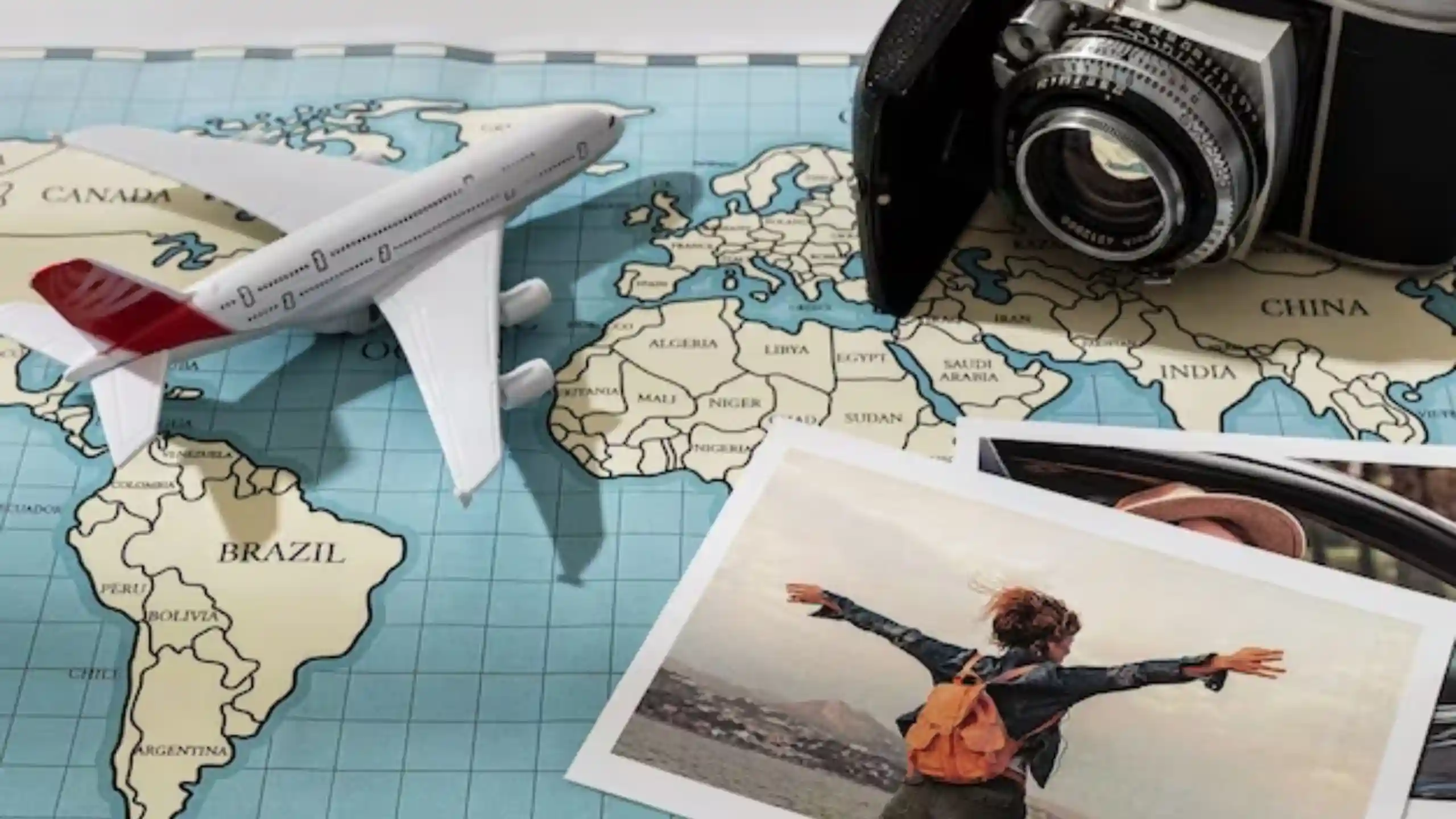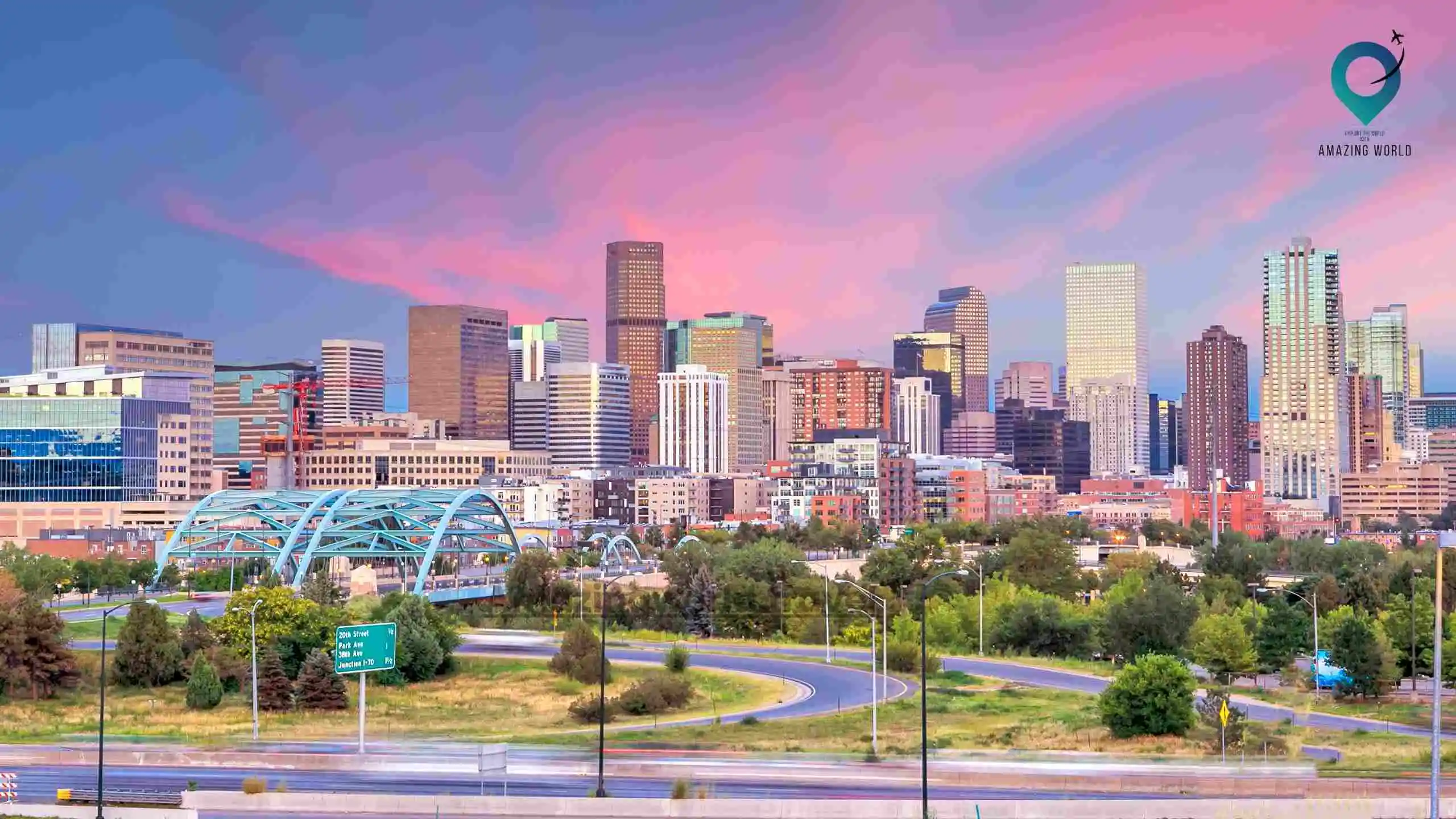Top Travel Photography Gear Essentials for Beginners | Must-Have Equipment
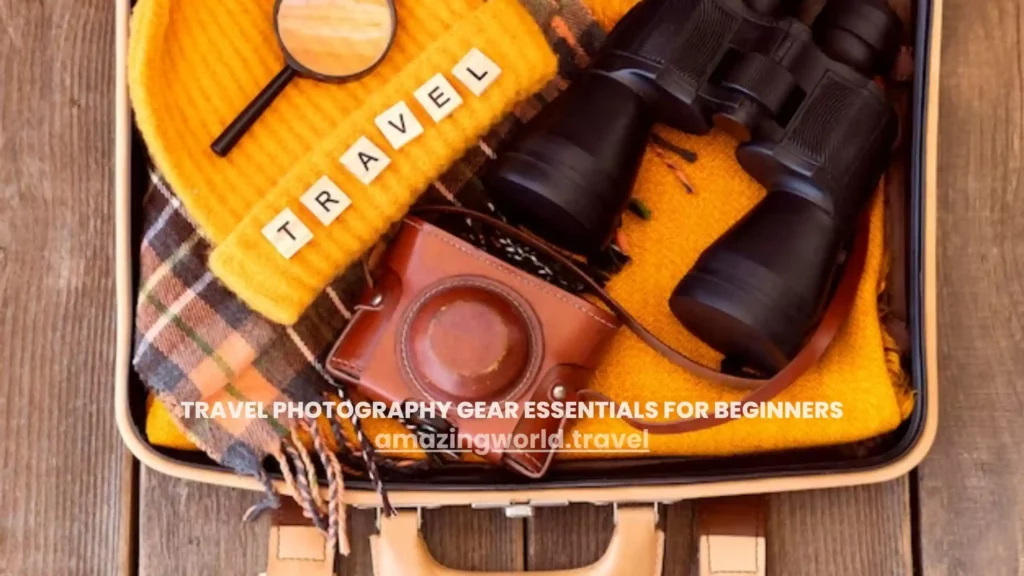
Unleash your inner wanderer and embark on a captivating journey through the lens of travel photography! If you’re a budding adventurer yearning to freeze mesmerizing moments in time, you’ve come to the right place. At Aamazingworld.travel, we unveil the ultimate guide to becoming a travel photography maestro, arming you with the top gear essentials every beginner needs for awe-inspiring captures.
With our curated selection of must-have equipment, you’ll be well-equipped to immortalize the world’s wonders, from enchanting landscapes to vibrant cultures. Whether you’re capturing majestic sunsets on secluded beaches or embracing the bustling charm of cityscapes, our expert tips and gear recommendations will elevate your travel photography to new heights.
From the lens of a wide-angle wanderer to the flash of a camera adventurer, we’ve got you covered. Join us on this photographic odyssey, where every click etches a story worth sharing. Let the magic of travel photography unfold before your eyes as we uncover the essential gear that will transform your wanderlust into timeless artistry.
Camera Selection
When it comes to travel photography, choosing the right camera is a critical decision. There are various types of cameras available, each with its own strengths and weaknesses. Here are the key points to consider:
- DSLR Cameras: DSLRs (Digital Single Lens Reflex) are known for their versatility and excellent image quality. They allow you to change lenses, giving you more creative control over your shots.
- Mirrorless Cameras: Mirrorless cameras have gained popularity due to their compact size, making them ideal for travel. They offer impressive image quality and performance, often comparable to DSLRs.
- Compact Cameras: Compact cameras are lightweight and easy to carry, making them convenient for casual travel photography. While they may not have the same level of customization as DSLRs or mirrorless cameras, they are a budget-friendly option for beginners.
Recommendation: For beginners, consider cameras like the Sony Alpha a6000 (mirrorless) or the Nikon D3500 (DSLR) as excellent choices for travel photography due to their user-friendly features and reliable performance.
Camera Lenses
Lenses play a pivotal role in travel photography, allowing you to capture different types of shots with varying perspectives. Here are some essential lenses for travel photography:
- Wide-Angle Lens: A wide-angle lens is perfect for capturing breathtaking landscapes, cityscapes, and architecture. It enables you to fit more into the frame, adding depth and scale to your images.
- Canon EF 50mm f/1.8 STM: Often referred to as the “nifty fifty,” this prime lens is excellent for portraits and low-light situations. Its wide aperture (f/1.8) produces stunning background blur (bokeh), making your subjects stand out.
Recommendation: Invest in a versatile travel zoom lens, such as an 18-55mm kit lens, which offers a range of focal lengths for capturing various scenes without changing lenses frequently. Additionally, consider adding a wide-angle lens and the Canon EF 50mm f/1.8 STM to your gear collection for more creative options.
Tripods and Ball Head
In travel photography, a tripod is an indispensable tool for achieving sharp and steady shots, particularly in low-light conditions or when using slow shutter speeds. A ball head is a crucial component that connects your camera to the tripod and allows for smooth adjustments. Here’s what you should know:
- Tripods: Look for lightweight and compact tripods that are easy to carry during your travels. Aluminum and carbon fiber tripods strike a good balance between sturdiness and portability.
- Ball Head: A ball head enables you to adjust your camera’s position quickly and smoothly, making it easier to compose your shots. It offers more flexibility than traditional pan-and-tilt heads.
Recommendation: Consider tripods like the Manfrotto BeFree or MeFoto RoadTrip for their portability and durability. Pair your tripod with a reliable ball head from reputable brands like Arca-Swiss or Really Right Stuff for seamless adjustments.
Camera Bags and Protection
As you travel with your photography gear, ensuring its safety is paramount. A camera bag that suits your needs and provides ample protection is a wise investment. Here’s what to consider:
- Camera Bags: Opt for a camera bag that offers compartments and padding to keep your camera body, lenses, and accessories organized and safe during transit.
- Backpack: A camera backpack is an excellent choice for travel photography as it distributes weight evenly and allows you to carry your gear comfortably for extended periods.
Recommendation: Look into camera backpacks from reputable brands like Lowepro or Peak Design, which are designed with photographers’ needs in mind. Make sure the bag fits your specific camera body and lenses snugly.
Memory Cards and Storage
Having sufficient memory card capacity and secure storage options are vital for a travel photographer. Here’s what to consider:
- Memory Cards: Invest in high-capacity and fast memory cards to accommodate your camera’s high-resolution images and video recording.
- Backup Strategies: Always have a backup plan for your photos. Consider carrying spare memory cards or an external hard drive for additional storage.
Recommendation: Brands like SanDisk and Lexar offer reliable memory cards with fast write speeds. For backup, portable external hard drives from Western Digital or Seagate are popular choices.
Flash and UV Filter
In travel photography, lighting conditions can vary greatly, making a flash and a UV filter essential tools for capturing optimal images. Here’s why they are valuable additions to your gear:
- Flash: A flash is useful for filling in shadows and providing additional light in low-light situations or when the natural light is insufficient.
- UV Filter: A UV filter not only protects your lens from dust and scratches but also reduces the bluish cast that can occur when shooting under bright sunlight.
Recommendation: Look for an external flash compatible with your camera brand, and choose a high-quality UV filter that matches your lens’s thread size.
GoPro Tripod Mounts
For adventurous travelers who wish to capture action-packed moments, using a GoPro can be an excellent addition to your photography gear. Tripod mounts are handy accessories for stabilizing your GoPro shots during travel adventures.
Recommendation: GoPro offers various official mounts and accessories, including tripod mounts that allow you to attach your GoPro to tripods or monopods easily.
Editing and Workflow on the Road
While on the go, managing and editing your photos efficiently can be essential. Here are some suggestions for travel-friendly photo editing options:
- Mobile Apps: Utilize mobile photo editing apps like Adobe Lightroom Mobile or Snapseed for quick edits and enhancements right on your smartphone.
- Lightweight Laptops: If you prefer a more comprehensive editing experience, consider lightweight laptops like the MacBook Air or Microsoft Surface Pro for editing on the road.
Recommendation: Mobile apps provide a quick and straightforward way to edit photos during your travels. However, if you require more advanced editing capabilities, consider a lightweight laptop that won’t weigh you down.
Conclusion
Congratulations, aspiring travel photographers! You’ve now unlocked the secrets to capturing mesmerizing moments and immortalizing your wanderlust through the lens of travel photography. Armed with the top gear essentials and expert tips from [Your Blog Name], you’re ready to embark on an artistic adventure like never before.
As you traverse the globe, let your camera be your creative companion, weaving visual narratives that transcend time and space. Embrace the magic of natural light, compose with finesse, and respect the cultures you encounter. Remember, every click holds the power to tell a story worth sharing.
So, pack your bags and journey forth with passion and purpose. Share your visual tales with the world, igniting wanderlust in others and preserving memories for generations to come. As you capture breathtaking landscapes, vibrant cultures, and cherished memories, you’ll realize that the true essence of travel photography lies not just in freezing a moment, but in embracing the journey itself.
How much did you like Our detailed Top Travel Photography Gear Essentials for Beginners | Must-Have Equipment? Review Also, please share these Blogs with your friends on social media.
Related Article –
- Road Trips Ideas | 12 Tips to Prepare Your Car for a Long Road Trip?
- 150 Best Places to Visit in the United States In 2023
- Road Trip With Kids
- How to Stay Awake While Driving Long Distances
- Audiobooks to Listen to On Your Road Trip
- How to Create an Epic Itinerary Road Trip
- Best Rental Cars For Travel Adventures
Travel Photography Gear Essentials FAQs:
What camera is best for travel photography?
For beginners, versatile mirrorless cameras like the Sony Alpha a6000 or compact DSLRs like the Nikon D3500 are excellent choices. These cameras offer great image quality, portability, and user-friendly features for capturing stunning travel photos.
Which lenses are essential for travel photography?
Essential lenses for travel photography include a wide-angle lens for landscapes and a prime lens like the Canon EF 50mm f/1.8 STM for portraits and low-light situations.
How can I improve my photography composition?
To enhance your composition, use the rule of thirds, leading lines, and framing techniques. Experiment with different perspectives and angles to create visually captivating images.
What are some tips for photographing wildlife during travel?
When photographing wildlife, prioritize safety and ethical practices. Use long telephoto lenses to maintain a safe distance, and avoid disrupting natural behavior. Patience is key to capturing intimate moments in the animal kingdom.
How do I protect my photography gear during travel?
Invest in a reliable camera bag with padding and compartments to protect your gear. Carry lens cleaning kits, rain covers, and protective filters. Be mindful of weather conditions and always secure your camera when not in use.
How can I edit my travel photos effectively?
Utilize photo editing software like Adobe Lightroom or mobile apps for on-the-go editing. Focus on enhancing colors, contrast, and sharpness while maintaining a natural look. Experiment with different editing styles that complement your travel photography vision.
What are some tips for capturing stunning night photography in urban landscapes?
Use a sturdy tripod to avoid camera shake in low-light conditions. Adjust your camera settings for long exposures and experiment with different light sources to capture captivating city lights and urban scenes.
How can I develop my storytelling skills through travel photography?
Think beyond individual shots and create a series of images that convey a narrative. Capture candid moments and local interactions to portray the essence of a place. Pay attention to details and capture images that evoke emotions and tell a visual story.

Meet David Hoper, a passionate travel Blog writer with 7+ years of experience in travel content. Through his exemplary storytelling and engaging narratives, he shares his experiences and brings destinations to life. With a keen eye for detail and a love for exploration, he has cultivated a diverse portfolio of travel blogs that inspire and inform readers worldwide.
